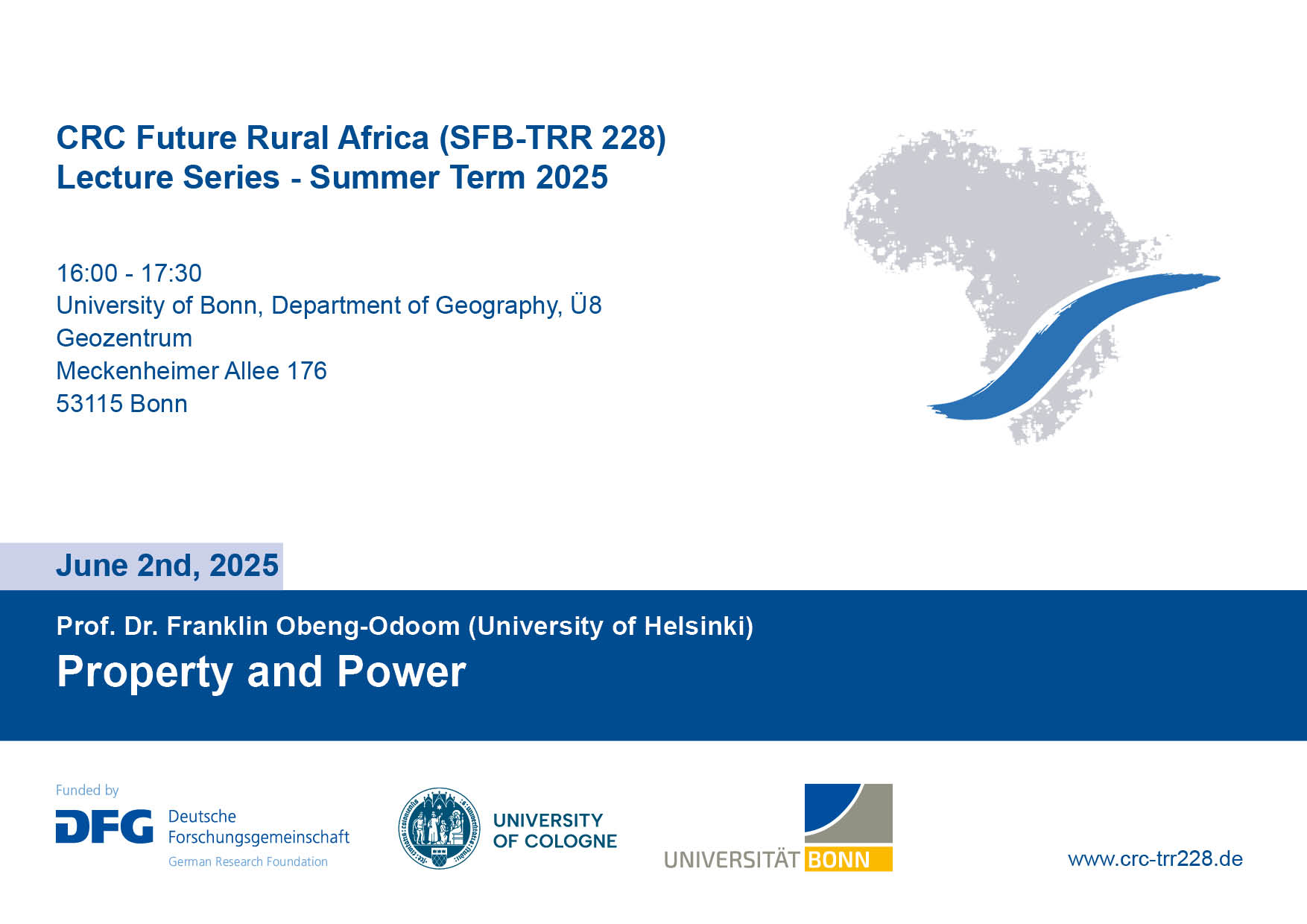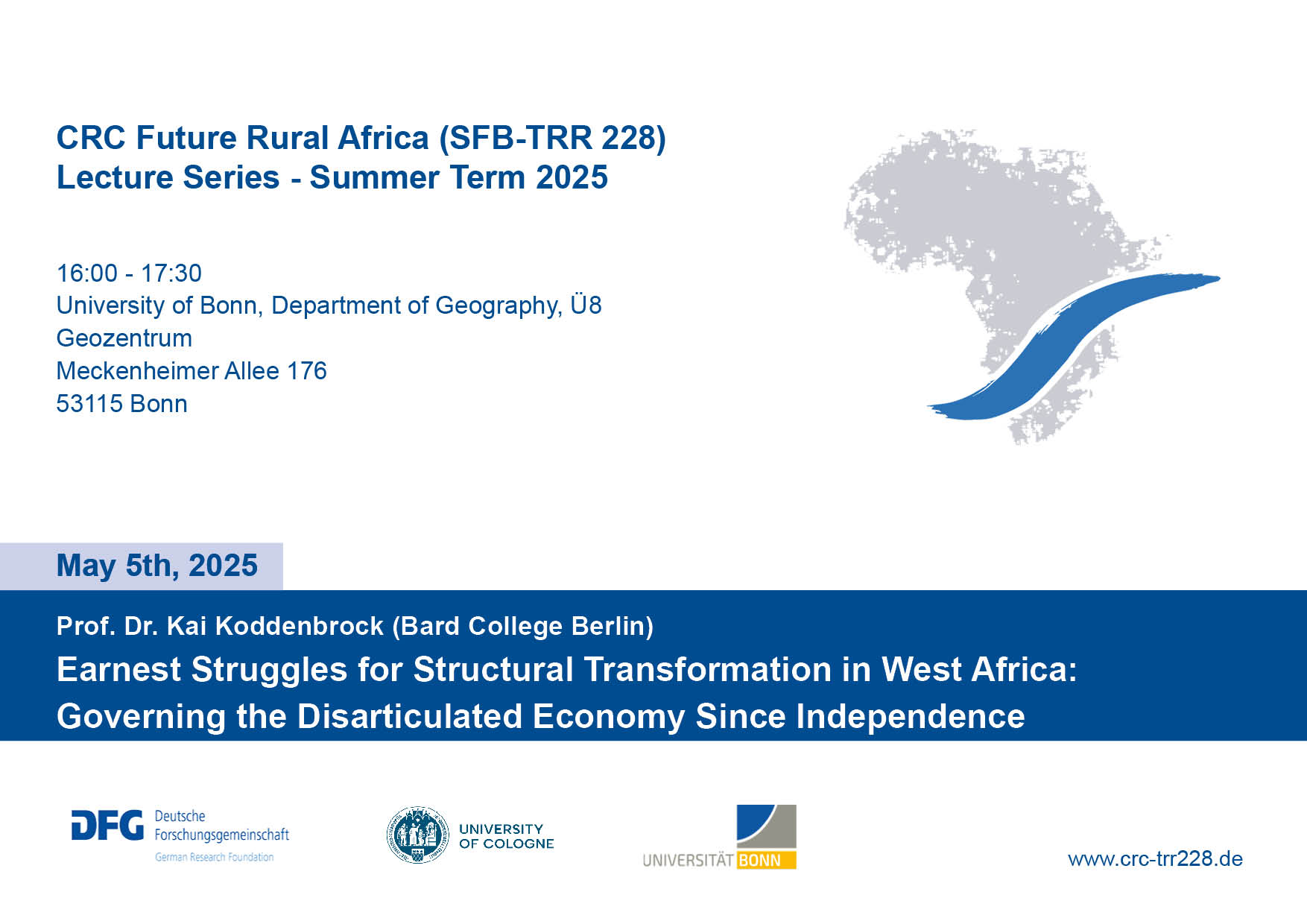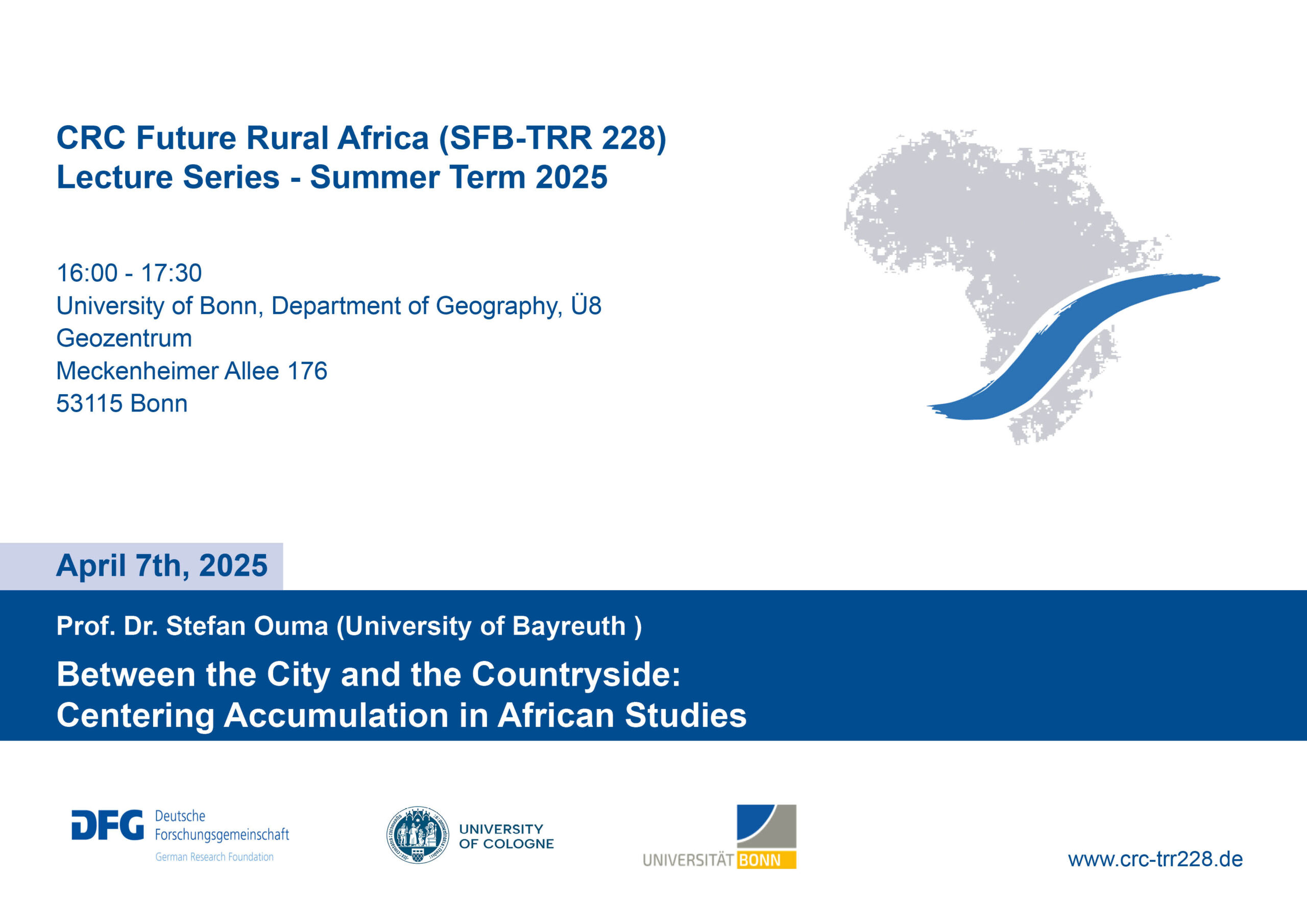by Charis Enns, University of Sheffield
Across East Africa, rural space is being transformed through the implementation of national spatial planning strategies. Conveyed through documents like Kenya’s National Spatial Plan (2015 – 2045) and Tanzania’s Integrated Industrial Development Strategy 2025, East Africa’s approach to spatial planning is predicated on the (re)zoning of land and large-scale investments in infrastructure to facilitate the movement of commodities between rural resource frontiers, industrial processing zones, urban centres and global markets. This talk will focus on the longue durée of East Africa’s contemporary spatial planning strategies. The talk will begin by historicising Kenya’s and Tanzania’s current national spatial plans to reveal how the unfulfilled imaginaries, visions and aspirations of both colonial and early independence administrators risk being reproduced through the implementation of spatial plans today. The talk will then turn to a case study of Kenya’s northern rangelands as a case study. This case study will be used to illustrate how contemporary spatial planning risks carrying problematic ambitions from the colonial past into the present. The talk will conclude by reflecting on why some spaces in rural East Africa have remained neglected by spatial plans – both today and in the past.
Time: 16:15 – 17:45 / Venue:Geozentrum, Meckenheimer Allee 176, Ü VIII






